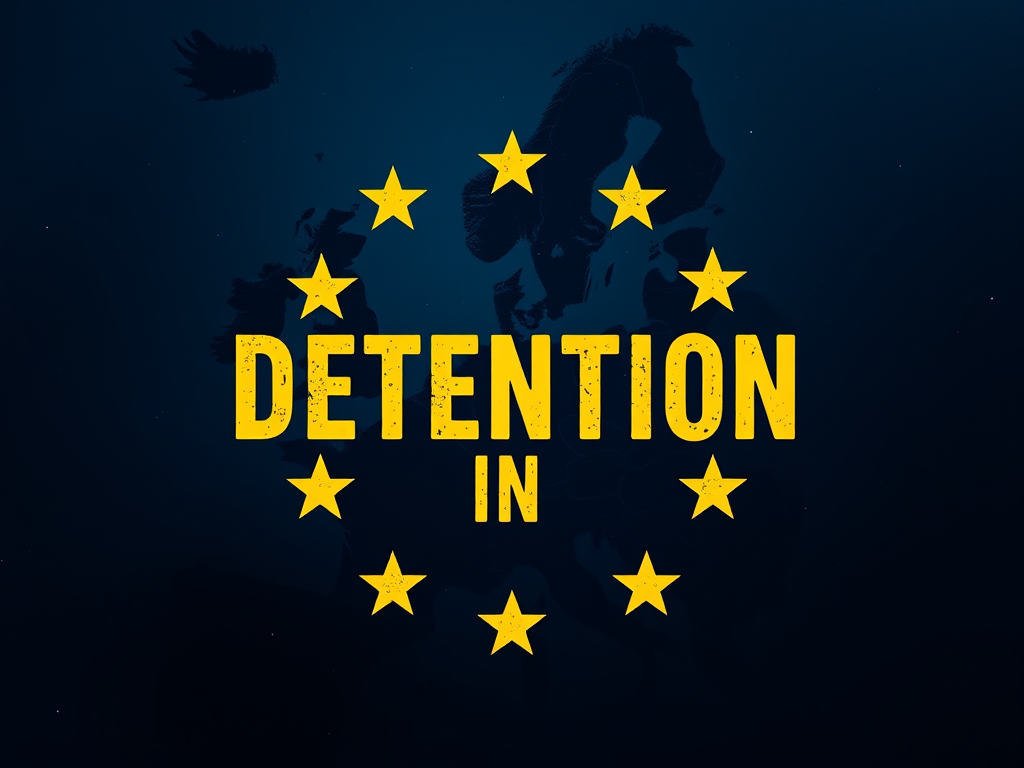Understanding the Current Economic Landscape for UK Companies
UK companies face significant economic challenges in 2024. Inflation remains a key concern, eroding purchasing power and increasing operational costs. Post-Brexit trade complications continue to disrupt traditional supply chains, adding complexity and delays. These supply chain issues strain inventory management and raise costs across sectors.
Different industries experience these challenges uniquely. The manufacturing sector struggles with raw material shortages and increased tariffs, while the service industry contends with rising labor costs and reduced consumer spending. Recent data highlights a slower growth rate in the UK business climate, reflecting these pressures.
Also to read : How Can Innovative Startups Reshape the Future of the UK Business Landscape?
Expert analysis points to Brexit impacts as a persistent hurdle. New customs regulations and border checks extend delivery times, impacting competitiveness. Similarly, inflation spikes compel firms to reevaluate pricing strategies to maintain margins.
Understanding these factors enables businesses to prioritize responses that fit their context. Recognizing the multifaceted nature of supply chain issues, inflation, and trade barriers is crucial for strategic planning. Armed with this insight, UK companies can better navigate the turbulent economic environment with informed decisions.
In the same genre : How Can UK Businesses Navigate the Challenges of Economic Uncertainty?
Understanding the Current Economic Landscape for UK Companies
The UK economic challenges in 2024 remain pronounced, with inflation maintaining pressure on costs across sectors. Rising prices affect everything from raw materials to energy, squeezing margins for businesses large and small. Coupled with these inflationary pressures are lingering post-Brexit trade difficulties. New customs procedures, tariffs, and regulatory divergences have complicated supply chains, delaying shipments and increasing administrative burdens. These supply chain issues hit manufacturing particularly hard, while service industries face uncertainty due to both market shifts and workforce shortages.
Industries across the UK are adjusting differently. Manufacturing struggles with higher input costs and international trade complexities, while service sectors cope with inflation-driven consumer spending reductions. Recent economic data reflect slower growth than anticipated, reinforcing the sense of a challenging business climate. Experts point to volatility in global markets amplifying these problems, making strategic adaptation crucial for survival.
Understanding these intertwined factors—inflation, Brexit impacts, and supply chain disruptions—is vital for UK companies aiming to navigate 2024 successfully. Business leaders must remain agile amid this evolving environment, deploying informed responses tailored to their sector’s specific vulnerabilities and opportunities.
Actionable Strategies to Address Economic Difficulties
Navigating UK economic challenges in 2024 requires strategic approaches focused on resilience and efficiency. One of the most pressing business strategies is cost-cutting. Companies need to scrutinize expenses, renegotiate supplier contracts, and optimize workforce deployment without compromising quality. This helps counteract rising operational costs fueled by inflation and supply chain issues.
Digital transformation is another vital strategy. Embracing technology boosts productivity and opens new markets. For example, implementing automation tools or online sales platforms can reduce manual workloads and increase revenue streams, helping firms withstand the uncertain business climate.
Diversification mitigates risk amid Brexit impacts and market volatility. By expanding product lines, service offerings, or supply sources, businesses reduce dependence on any single channel or region. This flexibility also allows quicker adaptation if tariffs or border delays intensify.
Together, these strategies equip UK companies to manage current pressures effectively. Firms blending cost efficiency, technological adoption, and diversification position themselves to withstand ongoing inflation and supply chain issues. Proactive implementation not only addresses immediate economic difficulties but also fosters long-term robustness in a fluctuating landscape.
Actionable Strategies to Address Economic Difficulties
Facing persistent UK economic challenges in 2024, businesses must adopt effective strategies to sustain operations. Cost-cutting is a key focus. Companies can streamline processes by reducing waste, renegotiating supplier contracts, and optimizing resource use. This directly tackles inflation-driven cost pressures, helping preserve profit margins.
Digital transformation emerges as a powerful tool. Integrating automation and cloud-based solutions boosts productivity and cuts operational expenses. It also expands market access via online channels, essential as traditional sales face headwinds from Brexit impacts. Firms investing in technology often see faster response times to supply chain issues and improved customer engagement.
Diversification reduces risk exposure. Expanding product lines or service offerings allows companies to tap new revenue sources, buffering against market volatility. Similarly, diversifying suppliers geographically helps alleviate Brexit-related trade disruptions and minimizes dependency on single markets.
In summary, business strategies centered on cost efficiency, technological adoption, and diversification provide practical responses to today’s complex business climate. These approaches allow UK companies to better manage inflation, supply chain issues, and Brexit impacts, sustaining competitiveness amid economic uncertainty.
Leveraging Government Support and Financial Relief
Amid ongoing UK economic challenges, accessing government support is crucial to maintaining business stability. Various financial relief programs exist in 2024 to help companies manage costs and invest in growth. These include grants tailored to specific sectors and business loans designed with flexible repayment terms. For firms navigating tight cash flow, such funds can sustain operations and fund necessary adaptations.
Effective use of these resources requires understanding eligibility criteria and application processes. Early preparation and thorough documentation increase the likelihood of approval. Businesses should prioritize grants that align with their immediate needs, such as funding digital transformation or enhancing supply chain resilience, to maximise benefits.
Regulatory changes often accompany new relief measures. Staying informed on compliance requirements not only avoids penalties but may also unlock further support. For instance, some schemes encourage adopting green technologies or workforce training by offering incentives.
In essence, leveraging available government support through well-targeted business loans, grants, and adapting to evolving regulations equips UK companies to better withstand inflation, Brexit impacts, and supply chain issues. This proactive financial approach complements internal strategies like cost-cutting and diversification, reinforcing overall resilience in the challenging UK business climate.
Leveraging Government Support and Financial Relief
Navigating government support effectively is crucial for UK companies facing economic pressures in 2024. Various business loans, grants, and relief packages aim to provide stability amid rising inflation and supply chain challenges. Firms should proactively explore these options to access vital funds for operational costs, technology upgrades, or diversification efforts.
How can companies apply for these schemes? Typically, businesses must demonstrate financial need and a clear plan for using funds to improve resilience. Preparing accurate financial statements and forecasts increases approval chances. Many programs target specific sectors or company sizes, so tailored applications aligned with eligibility criteria are essential for success.
Additionally, UK financial relief initiatives often include advisory services to help firms navigate complex regulatory landscapes. Staying informed about ongoing regulatory changes ensures compliance and unlocks further support opportunities.
Effectively leveraging government support complements internal business strategies such as cost-cutting and digital transformation. Access to loans and grants can ease cash flow pressures and fund innovations that strengthen companies against the uncertain business climate. By combining external financial relief with focused operational improvements, UK businesses enhance their capacity to withstand ongoing economic challenges and position themselves for recovery.
Understanding the Current Economic Landscape for UK Companies
UK companies in 2024 navigate complex UK economic challenges dominated by persistent inflation, Brexit impacts, and ongoing supply chain issues. Inflation drives costs higher, affecting everything from energy prices to wages. This squeezes profit margins, forcing firms to rethink pricing and sourcing strategies. Compounding this, Brexit continues to reshape trade dynamics with new customs checks and regulatory barriers creating delays and extra expenses.
Different sectors feel these pressures in distinct ways. Manufacturing faces raw material shortages and increased tariffs that disrupt production timelines. Service industries grapple with reduced consumer spending power amid inflation, alongside labor market tightness. Both sectors report slower growth rates in recent economic data, underscoring the challenging business climate.
Experts emphasize that the interaction of inflation with Brexit-related trade disruptions intensifies uncertainty. Volatile international markets further complicate supply chains, causing stock shortages and logistic delays. This multifaceted environment demands careful strategic responses from UK businesses. Recognizing how inflation, Brexit impacts, and supply chain constraints intertwine is essential for companies aiming to maintain competitiveness and adapt to evolving conditions effectively.
Understanding the Current Economic Landscape for UK Companies
UK companies face persistent economic challenges in 2024, notably inflation, Brexit impacts, and supply chain issues that continue to disrupt operations. Inflation remains elevated, driving up costs for raw materials, energy, and labor, squeezing profit margins across industries. Post-Brexit trade adjustments—such as new customs checks and tariffs—have introduced delays and increased administrative burdens, particularly affecting sectors reliant on international supply chains.
These conditions manifest differently across industries. The manufacturing sector deals with rising input costs and logistical complexities, leading to production slowdowns. Meanwhile, the service industry confronts reduced consumer spending power and workforce shortages, intensifying operational pressures. Recent statistics indicate a slowing growth rate for UK businesses, underscoring the severity of the current business climate.
Expert analyses emphasize that these intertwined factors create a challenging environment requiring adaptive strategies. Globally volatile markets further amplify these issues, increasing uncertainty. Recognising the impact of inflation, Brexit-related trade barriers, and supply chain issues allows business leaders to better anticipate risks and identify sector-specific vulnerabilities. This comprehensive understanding is essential for navigating the turbulent economic landscape effectively in 2024.
Understanding the Current Economic Landscape for UK Companies
UK companies in 2024 confront persistent UK economic challenges largely shaped by soaring inflation, ongoing Brexit impacts, and entrenched supply chain issues. Inflation steadily drives up costs for energy, materials, and labor, directly compressing profit margins across sectors. Meanwhile, post-Brexit trade barriers impose new customs procedures and regulatory complexities that disrupt established trading relationships. These disruptions cause delays, added expenses, and uncertainty in procurement.
Different industries feel these pressures in sector-specific ways. Manufacturing struggles with higher tariffs and material scarcity due to both inflation and Brexit impacts, leading to production setbacks. Conversely, the service sector contends with reduced discretionary spending and labor shortages, a fallout of inflationary pressures and market shifts. Data shows that this amalgamation of challenges contributes to a slower growth rate across UK business sectors, reinforcing a cautious business climate.
Experts highlight that the intertwined nature of inflation, Brexit-driven trade complications, and persistent supply chain issues exacerbates operational volatility. This complex economic environment demands rigorous strategic adjustment to sustain competitiveness. UK firms poised to succeed acknowledge how inflationary trends and Brexit disruptions collectively intensify risks and adapt their supply chains accordingly to navigate 2024’s demanding landscape.



